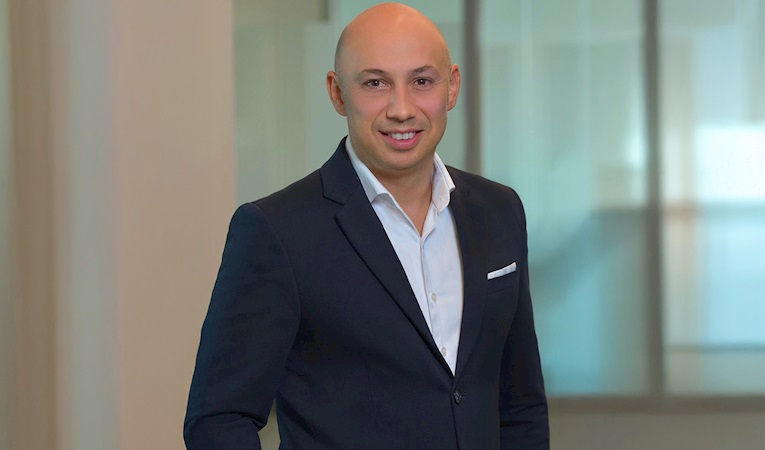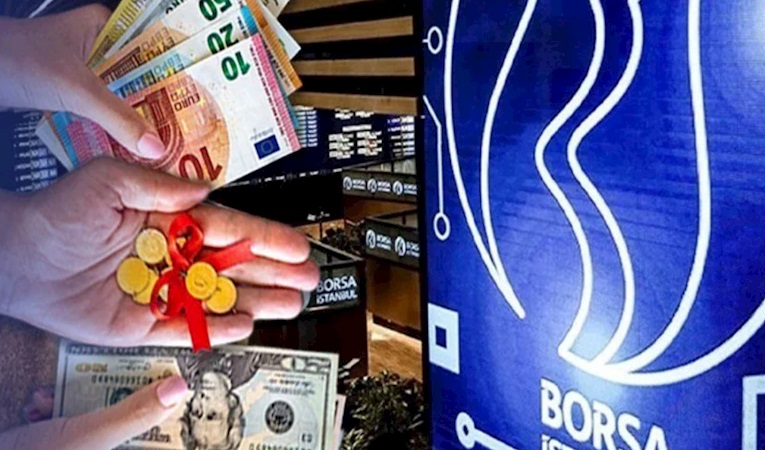
-
BIST 100
 11348,83%-0,94En Düşük11308,98En Yüksek11470,03
11348,83%-0,94En Düşük11308,98En Yüksek11470,03 -
DOLAR
 42,70%0,01Alış42,6958Satış42,7058En Yüksek42,7193
42,70%0,01Alış42,6958Satış42,7058En Yüksek42,7193 -
EURO
 50,26%0,11Alış50,2516Satış50,2703En Yüksek50,4587
50,26%0,11Alış50,2516Satış50,2703En Yüksek50,4587 -
EUR/USD
 1,18%0,08Alış1,1758Satış1,1759En Yüksek1,1806
1,18%0,08Alış1,1758Satış1,1759En Yüksek1,1806 -
ALTIN
 5918,91%0,16Alış5918,21Satış5919,60En Yüksek5953,24
5918,91%0,16Alış5918,21Satış5919,60En Yüksek5953,24
-
BIST 100
 11348,83%-0,94En Düşük11308,98En Yüksek11470,03
11348,83%-0,94En Düşük11308,98En Yüksek11470,03 -
DOLAR
 42,70%0,01Alış42,6958Satış42,7058En Yüksek42,7193
42,70%0,01Alış42,6958Satış42,7058En Yüksek42,7193 -
EURO
 50,26%0,11Alış50,2516Satış50,2703En Yüksek50,4587
50,26%0,11Alış50,2516Satış50,2703En Yüksek50,4587 -
EUR/USD
 1,18%0,08Alış1,1758Satış1,1759En Yüksek1,1806
1,18%0,08Alış1,1758Satış1,1759En Yüksek1,1806 -
ALTIN
 5918,91%0,16Alış5918,21Satış5919,60En Yüksek5953,24
5918,91%0,16Alış5918,21Satış5919,60En Yüksek5953,24
- Anasayfa
- Haberler
- Tüm Haberler
- Will Venture Capital Continue?
Will Venture Capital Continue?
Last year venture capital funds spent US$3.3 billion in Turkey. Now everybody is wondering that the funds will do in 2009. There are those who think that the crisis might make it “difficult” for fu...
Last year venture capital funds spent US$3.3 billion in Turkey. Now everybody is wondering that the funds will do in 2009. There are those who think that the crisis might make it “difficult” for funds and companies to reach agreements. The funds are expected to revise their company valuations in the light of the new environment resulting from the crisis. For this reason, the dominant trend is likely to be one of “wait and see”. Activity will pick up after the second half of 2009. The companies in which the funds are particularly interested include leaders in their sectors and small and medium-sized enterprises. Indebted companies are also seen as an opportunity. Real estate funds will enter a long hibernation;
US$3.3 billion… This is how much venture capital funds invested in Turkey in 2008 in just two acquisitions. In the last three years in particular venture capital funds have been regarded by Turkish companies as one of the most advantageous ways to find financing and grow. And the volume of investments financed by these funds really has grown from year to year. In 2006 venture capital investments totaled US$2.3 billion, rising to US$2.7 billion in 26 transactions in 2007. The largest transaction in 2008 was the purchase of a 50.8 percent stake in Migros for YTL 1.98 billion by the London-based BC Partners. According to the published figures, the total volume of the 19 investment transactions which were realized last year was over US$4 billion. Now everybody is wondering what position the funds will take this year and which sectors and companies they will invest in. For funds which are fed by global liquidity, 2009 offers significant opportunities but will also require them to be cautious. Managers of the venture capital funds in Turkey believe that global liquidity and acquisition financing will decline in 2009 and that strategic financial investors will be more careful when it comes to making investments.
A Difficult Year?
The funds which are investing in Turkey will both share the difficulties faced by the real sector and try to channel resources to the right companies. Seymur Tarı, General Manager of Turkven, who has realized six investments in the last 18 months, says: “We are part of the real sector as a result of the 10 companies in which we have invested. On the one hand, we are the company’s owners and we share the problems they face. On the other hand we are looking at new companies.” Bedminister capital Management Fund Manager Ercan Ergül describes 2009 as “a difficult year.”
In fact, the biggest difficulty is the possibility of funds which have made leveraged investments facing loan payment difficulties. Funds which specialize in Turkey are a little more fortunate as they usually use capital to invest. But global firms which operate on a leveraging basis and are interested in big companies are expected to face a stagnation in the world this year, including in Turkey.
All Of Them Have Funds
Despite this negative picture, funds which focus on Turkey are continuing with their investment plans. Because they have been established relatively recently, they all have capital which they can invest and. even at “a low heat” they are continuing negotiations with companies.
For example, in the first quarter of 2009, the Actera Group is planning to launch two new investments which are at the signature stage. Carlyle is aiming to close at least two deals in the first quarter. Ahmet Tataroğlu, the Turkey head of NBK Capital, which provides consulting services to other foreign funds as well as the NBK Capital fund, thinks that a lively and productive period will start from the second half of 2009 onwards.
One of the reasons for this expectation is the economic slowdown. Moreover, as a result of the problems that may be faced in meeting debt repayments, Turkish companies will need capital and this raises the possibility of them reaching an agreement with the funds. Fund managers think that Turkish companies which are currently in a good financial position, but will not want to take on future risks because of their debts, could be a good investment opportunity.
The Sectors Which Attract The Funds’ Interest
Every Sector Has A Chance
Funds now look at a company’s financial potential rather than sectors. Actera Partners Managing Partner Murat Çavuşoğlu says: “In some dynamic, profitable sectors which we want to be in, we cannot find any investment opportunities. In some sectors in which we are not interested, the condition of a specific company may create an opportunity.”
Catching The Leader
The most important problem faced by funds today is that they cannot make future projections about sectors which were previously their favourites, such as construction and the automotive supply industry. In such an environment, funds want rather to be partners with companies which have a high brand awareness. Kerem Göktan, the manager of the Supem fund, believes that sectors which will be less affected by the crisis, such as foodstuffs, health, non-banking financial services, leasing and factoring will be the ones which attract more interest from funds.
€50 Million
In terms of company size, most of the demand is for opportunities in those which are worth €50 million or more. Interest in firms which are smaller than this figure is usually only in those which have the potential for very rapid growth. Another criterion set by the funds is that the company must have a good management.
Elçin Cirik
[email protected]
Türkiye ve dünya ekonomisine yön veren gelişmeleri yorulmadan takip edebilmek için her yeni güne haber bültenimiz “Sabah Kahvesi” ile başlamak ister misiniz?






